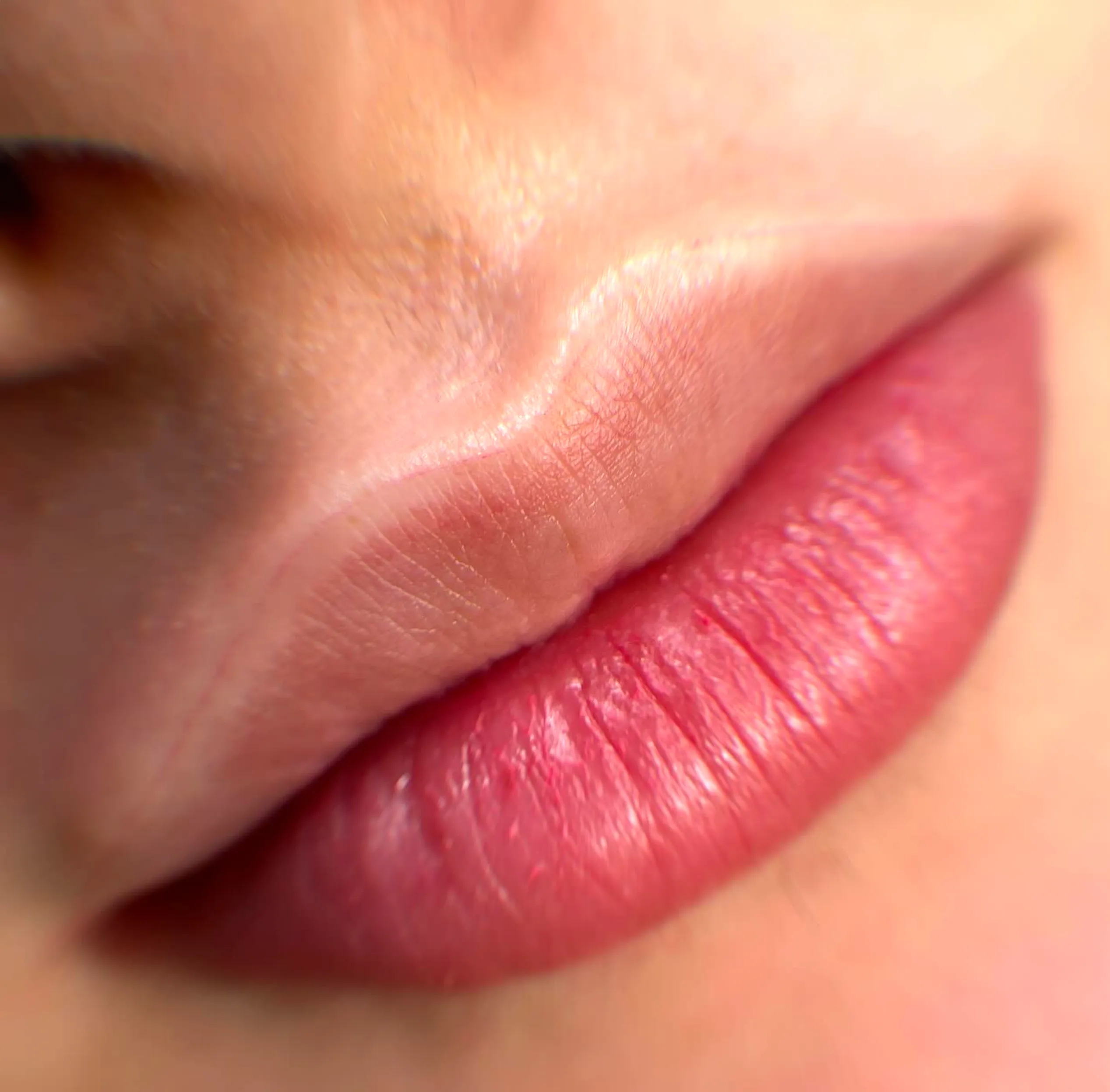Lip tattoos or lip blush tattoos have become popular for enhancing natural lip colour, defining lip shape and even as a semi permanent alternative to lip liners and fillers. However not everyone is a good candidate for lip tattooing. Below we will explore who should not get lip tattoo and what to consider before getting one.
Active Cold Sores or Herpes Simplex Virus
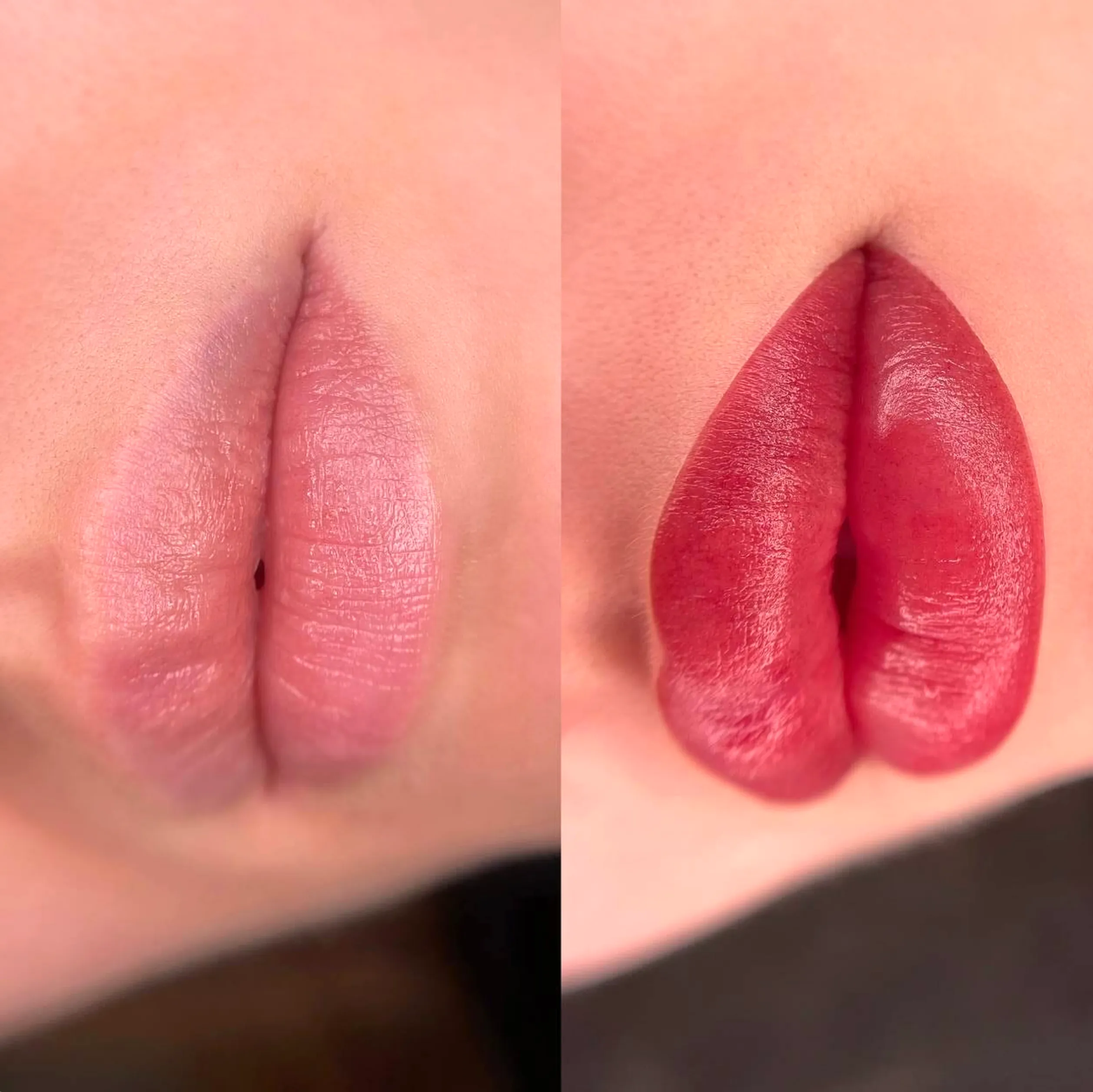
One of the main reasons someone may not get a lip tattoo is if they have cold sores or herpes simplex virus (HSV) around the lips. Tattooing can trigger an outbreak and increase the risk of infection. If you have a history of cold sores you should take antiviral medication as a precaution. You should consult with a reputable artist or medical professional before getting a lip tattoo to avoid further complications. Healing time may be longer and more painful if cold sores occur and lip tattoo aftercare is key to not trigger outbreaks.
Allergic Reactions to Tattoo Pigments
Allergic reactions to the tattoo ink used in lip tattoos are rare but can happen. Some people may be sensitive to certain pigments which can cause redness, swelling or even infection. If you have had allergic reactions to makeup, lip products or previous cosmetic tattoos be sure to do a patch test with the tattoo ink before. Your tattoo artist should be experienced in handling such cases and use sterile needles to reduce the risk of infection. Be aware of the aftercare balm or healing ointment that may need to be applied as these can also cause irritation. Lip tattoo aftercare is key to ensure your skin heals properly and without complications.
Compromised Immune System
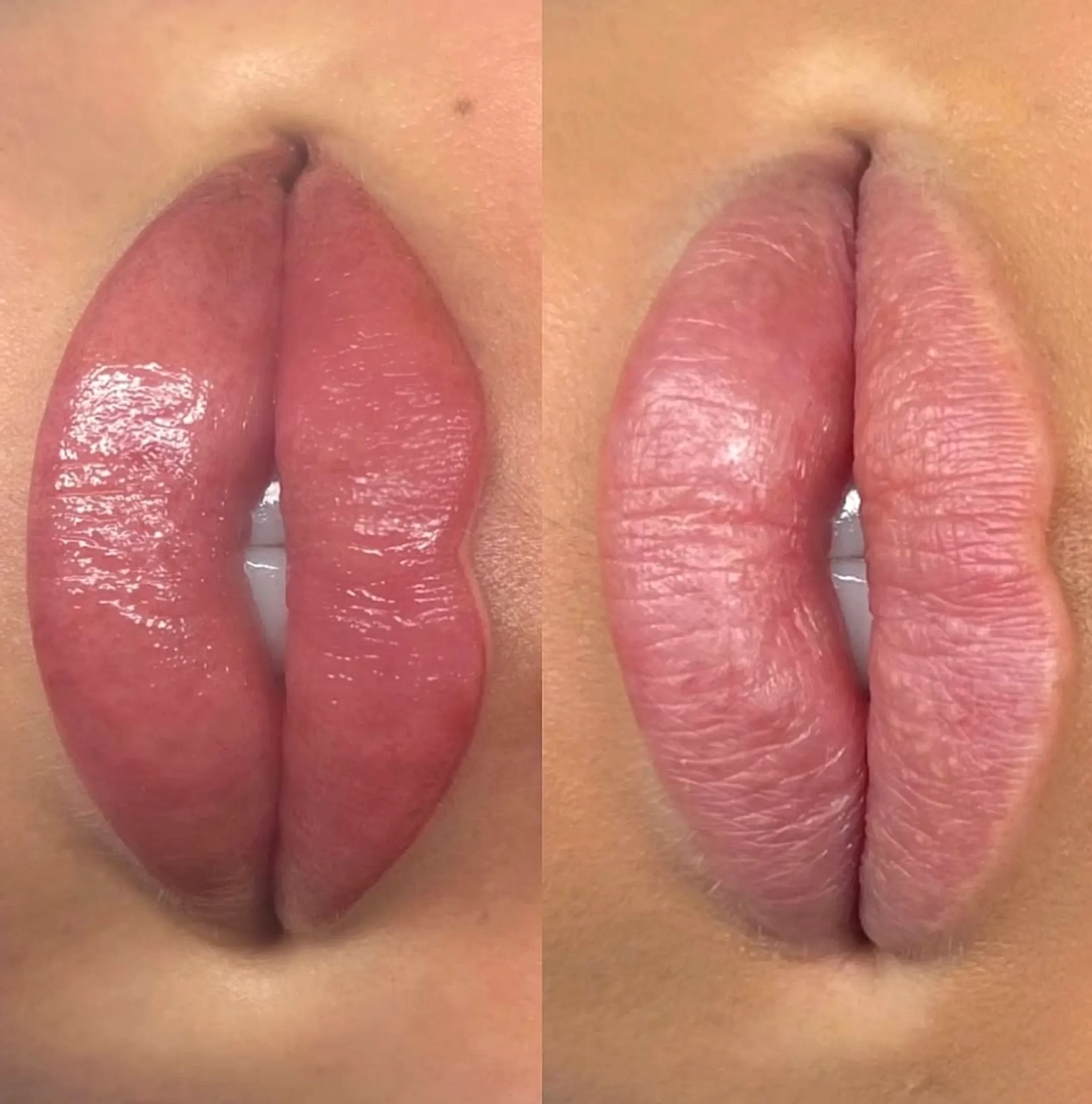
People with autoimmune disorders or on immunosuppressive medication may be more prone to infection or complications during the healing period. Conditions like lupus or rheumatoid arthritis can affect the skin’s healing process and cause scarring or uneven pigment retention. If you’re on blood thinning medication or other treatments that affect your immune system you should consult with a medical professional before getting a lip tattoo. You should also not get a lip tattoo if you have any conditions that compromise your oral health routine or leave you open to bacterial or blood borne infections. Lip tattoo aftercare will be even more crucial in these cases to minimize the risk of complications.
Pregnant and Breastfeeding Women
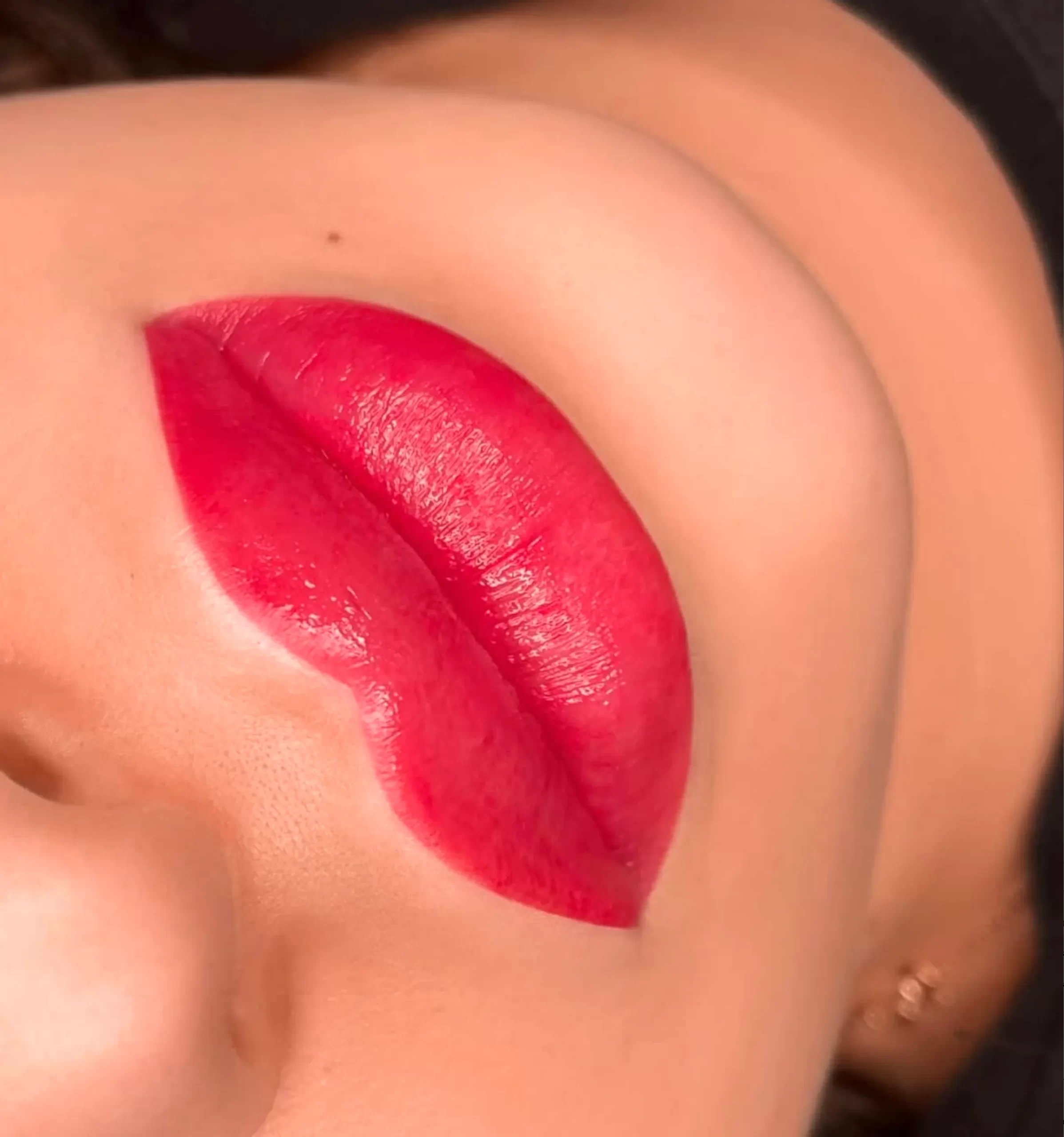
Due to the risks involved with tattooing while pregnant including infection and complications it’s best to avoid cosmetic tattooing while pregnant or breastfeeding. The effects of tattoo pigment while pregnant and breastfeeding are not known. If you’re expecting or nursing it’s best to wait until after your pregnancy and breastfeeding to get a lip tattoo. This also minimizes risk to the baby and makes the healing process smoother. Post procedure lip tattoo aftercare is key to safe healing and to avoid complications.
Under 18
Most cosmetic tattoo artists will not tattoo anyone under 18 regardless of parental consent. This is because the lips are still developing during adolescence and the procedure may not be suitable for someone whose skin is still changing. Minors may not fully understand the long term commitment and care involved in maintaining a cosmetic tattoo.
Certain Skin Conditions or Sensitivities
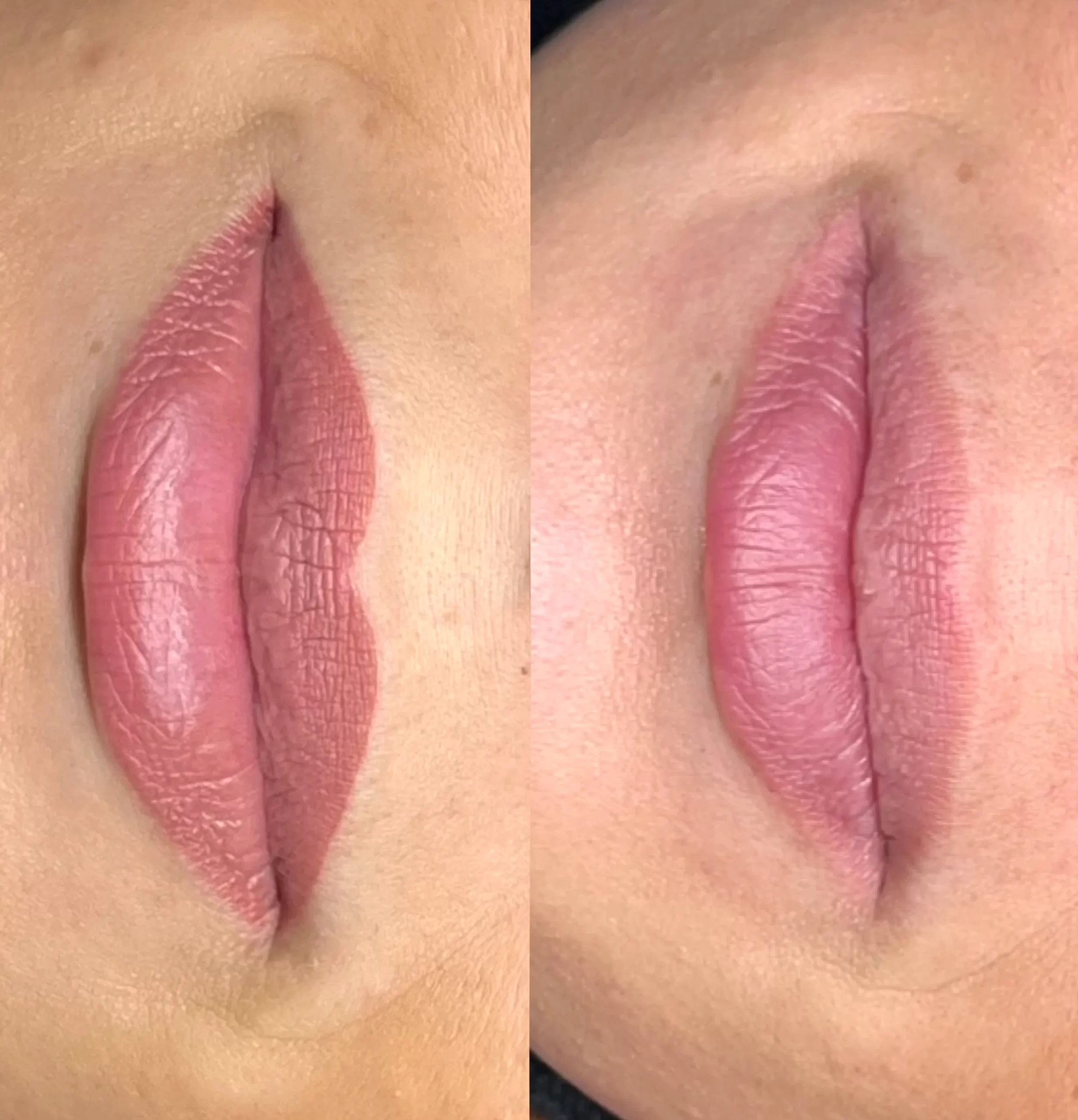
Those with skin conditions such as eczema, psoriasis or severe acne near the lips should reconsider lip tattoos. These conditions can affect the healing process and cause uneven healing, scarring or pigment migration. If you have sensitive skin or skin conditions around your lips it’s best to consult with a professional tattoo artist who has experience with lip tattoos. The risk of complications or poor healing is higher in these cases so it’s crucial to follow aftercare instructions. Cosmetic tattoo healing time can be longer for those with underlying skin conditions that’s why aftercare is so important.
Taking Blood Thinners
Blood thinners like aspirin, warfarin or certain fish oil supplements can increase the risk of bleeding during the tattoo process which can affect the outcome. Also the risk of infection can rise and healing can be delayed. If you’re taking any blood thinners it’s best to consult your doctor before getting a lip tattoo. Your doctor may advise you to stop the medication for a few days or offer an alternative. Proper cosmetic tattoo aftercare will also be required to ensure your lips heal without complications especially if you have concerns about medication interactions.
Unrealistic Expectations
Lip tattoos are meant to enhance your natural lip colour not change the shape or volume. People who expect a radical transformation will be disappointed. Lip tattooing is about enhancing natural lip colour and creating a subtle gradient not changing the lip shape or volume. You need to have realistic expectations and understand that cosmetic tattooing can’t replace lip injections or temporary fillers. If you want fuller lips consider lip liners, lip gloss or lip fillers. Aftercare of lip tattoo plays a big role in getting the best possible outcome as the final result depends on proper healing and pigment retention.
Poor Healer or Difficulty with Aftercare
Lip tattoos need proper aftercare to get the best possible outcome. This means no spicy food, acidic food or oily food that may irritate the area. No lip gloss or any product that may interfere with the healing process. If you struggle to follow aftercare or maintain good oral hygiene you should reconsider getting a lip tattoo. Frequent touch ups every few months and follow up appointments with your tattoo artist will also be required to keep the tattoo looking vibrant and fresh. Understanding lip tattoo aftercare and following the instructions properly is key to a smooth healing process and to avoid complications.
Active Skin Cancer or History of Carcinomas
If you have been diagnosed with skin cancer, squamous cell carcinomas or have a history of carcinoma in your tattoos you should not get a lip tattoo. Tattooing over areas with a history of cancer can increase the risk of complications and healing in those areas will be difficult. Always consult your doctor to see if cosmetic tattooing is safe for you if you have a history of cancer or pre-cancerous skin conditions. Aftercare of cosmetic tattoo will be crucial for people with sensitive or compromised skin especially around areas that have been treated for carcinoma.
Conclusion
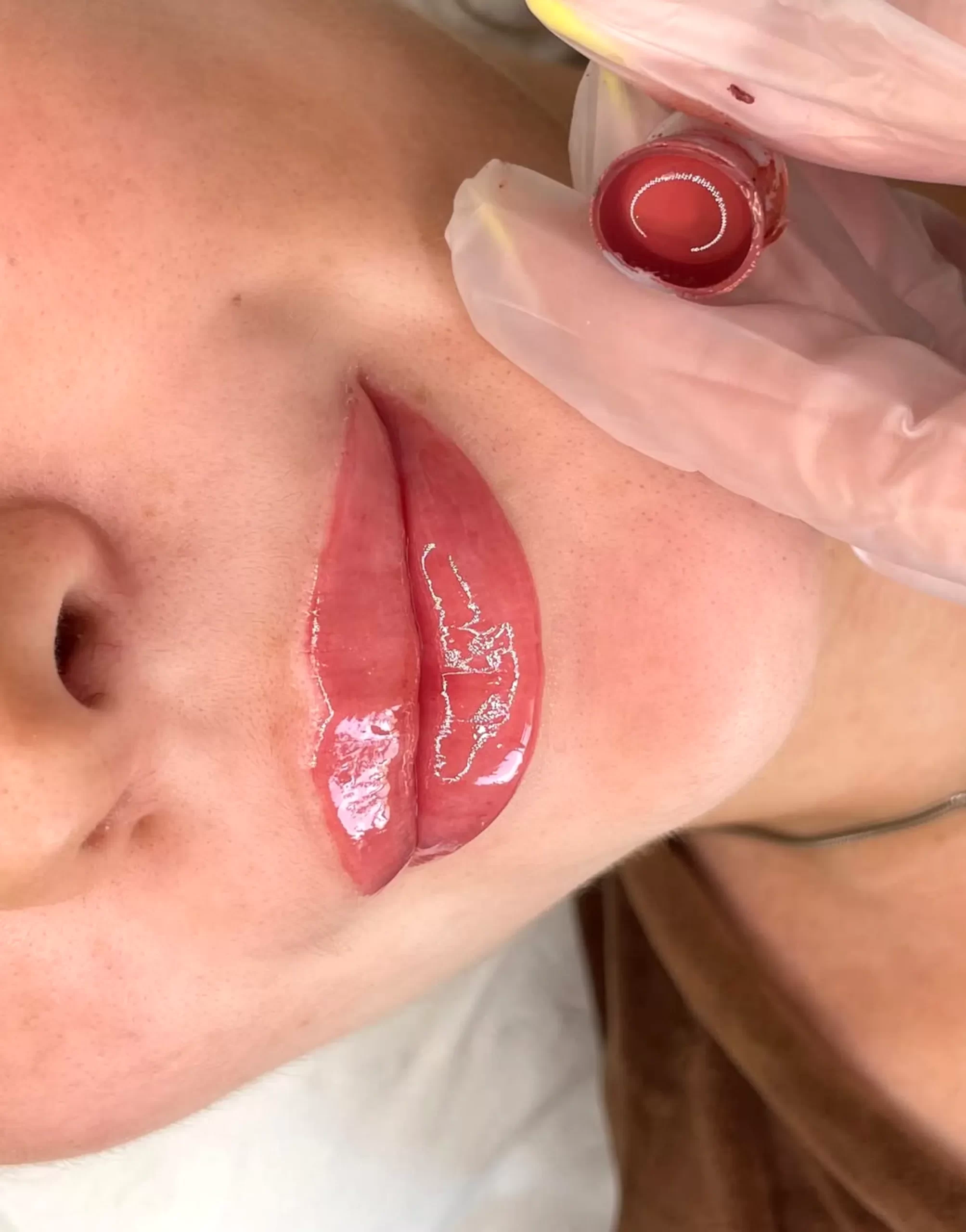
Lip tattoos can be great but not for everyone. If you have cold sores, allergies, autoimmune conditions or other health issues you should think carefully before getting the procedure. Consult with a reputable experienced tattoo artist and get medical advice before hand to minimize the risk of infection and complications and make your lip tattoo experience a safe one. Follow lip tattoo aftercare to ensure your tattoo heals properly and looks as intended.
FAQ
Can cold sores affect the lip tattoo?
Yes cold sores can increase the risk of infection and healing time. Take antiviral medication if you have a history of cold sores.
Are you on blood thinners?
Yes blood thinners can increase the risk of bleeding and healing time. Get a doctor’s approval before getting a lip tattoo.
Will I have an allergic reaction?
Some people can be allergic to tattoo pigments. A patch test can help determine if you are sensitive to the pigments.
How long does it take to heal?
Healing time can vary but typically 6-8 weeks. Follow aftercare properly.
Can I remove the tattoo if there are complications?
Yes tattoo removal is possible but costly and time consuming. Think carefully and consult a professional before getting a lip tattoo.
